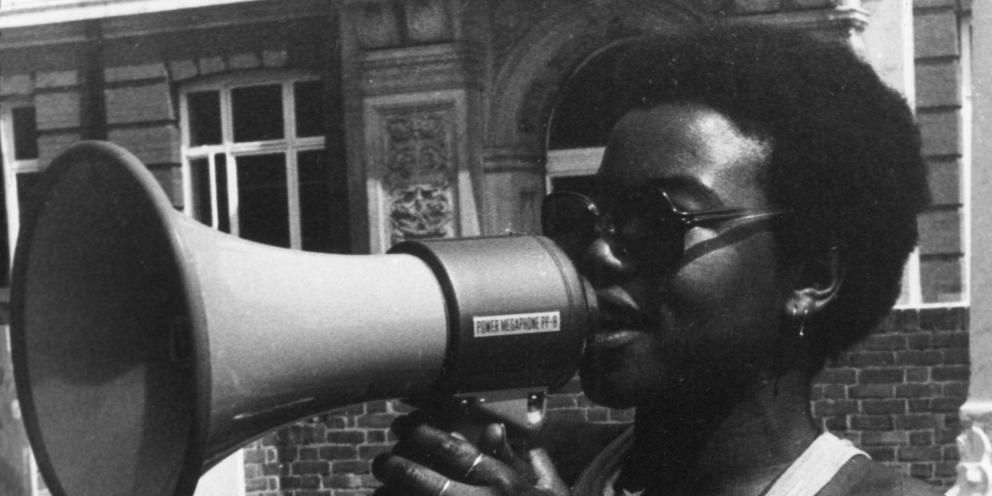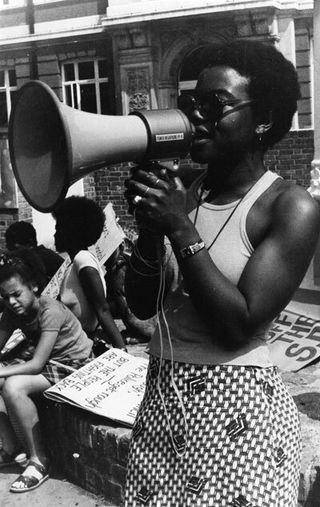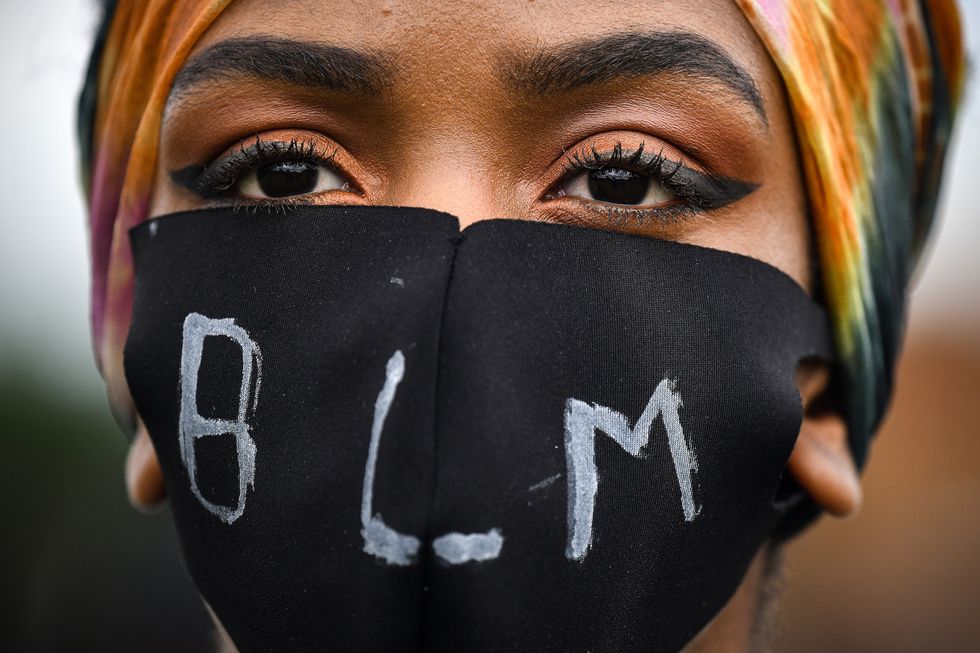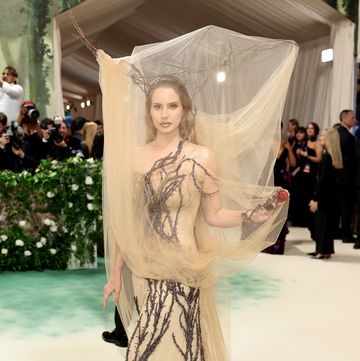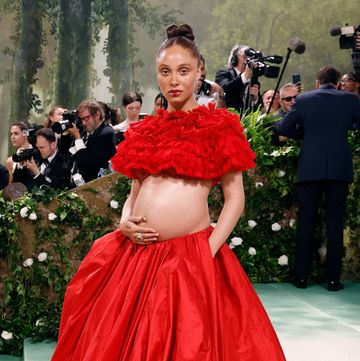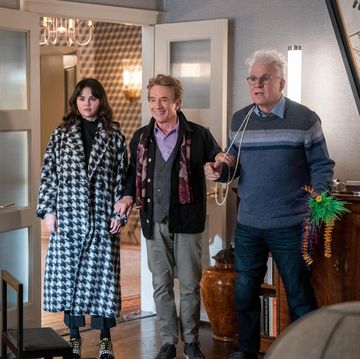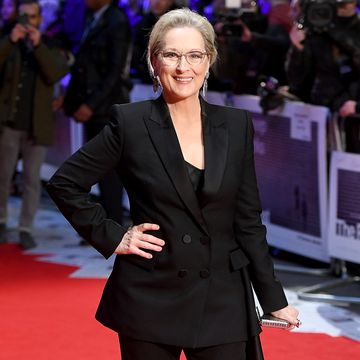Today (June 26), would have been Olive Morris' 68th birthday.
Often unfairly overlooked in Britain's feminist history, Morris was a force of nature in the fight for racial, gender and social equality in the UK. Today, she has been recognised by Google and is the search engine's 'doodle' of the day in celebration of her birthday.
Tragically, Morris died in 1979, aged just 27, after an illness with non-Hodgkin lymphoma cancer. Which makes what she achieved in her short life truly incredible.
Here's everything to know about Olive Morris:
Who was Olive Morris?
Morris was born in Jamaica on the June 26, 1952. She emigrated to the United Kingdom aged nine, to join her parents who had already relocated to the UK as part of the Windrush Generation - the mass immigration of people from the Caribbean, many of whom were actively recruited by the British government, to contribute to the struggling post-war economy in the UK.
She enrolled in school in west London, left without any qualifications but soon enrolled at the London College of Printing (now London College of Communication), according to the Oxford Dictionary of National Biographies. Later, in the 1970s, after returning to Jamaica for six weeks, Morris enrolled in a degree in economics and social science at Manchester University.
She undertook most of her activism in Brixton, south London - an area with historically one of the highest Black populations in the capital.
In her short 27 years on earth, she made an impact in more ways that many people double her age never achieve through her various causes and activism.
What did Olive Morris fight for?
Racial Equality
A member of the British Black Panthers Youth Collective, Morris co-founded the Brixton Black Women's Group and Organisation Of Women Of African And Asian Descent which fought to advance the rights of Black British women in all areas from healthcare to domestic violence to reproductive rights, at a time when the UK had very limited racial discrimination laws.
In 1969, when Morris was 17, she was involved in a case of police brutality. According to The New York Times, a Nigerian diplomat called Clement Gomwalk was pulled over in his Mercedes by police in Brixton, near where Morris was hanging out with friends, and was accused of stealing the car.
Morris intervened, was arrested and beaten. According to the NYT, pictures of her swollen face and body taken at King's Hospital were released.
This was at a time of fractious relationships between the police and Black community, during which stop and search laws were used regularly, as well as a callous time in politics when it came to race - marked by Enoch Powell's infamous 1968 'rivers of blood' speech.
The incident spurred Morris on to fight against police brutality and racism, campaigning against stop and search (SUS) laws which disproportionately targeted Black people and writing and campaigning against institutionalised racism within the forces.
Social equality
One area in which Morris was particularly active was housing. In 1972, Morris organised a protest after two young Black children died in public housing after their portable heaters were knocked over, reports the NYT. The attention from the protest led to the local housing department implementing central heating in the building.
Morris soon started squatting and was central in campaigning for squatter's rights in the 1970s.
In 1973, she squatted in a Brixton flat on Railton Road and used it as a space for community activism and housing one of the first Black community bookshops. This remained the case until it was closed in 1999.
How has Olive Morris been commemorated?
In recent years there have been calls to ensure that Morris and her vital activism are not forgotten. A local south London group launched a project called the Remembering Olive Collective in 2008, which included them gathering information, artefacts and sources about her to share with the community in an exhibition.
'There were Brixton buildings and gardens named after Morris but sadly they no longer exist,' says Linett Kamala an artist who has compiled an exhibition inspired by Morris' activism (including a government building named Olive Morris house which is set to be demolished in favour of private housing). In line with today's Doodle, Google Arts & Culture have also partnered with the Black Cultural Archives so people can learn more about her work.
In 2016, Dr Red Chidgey, a Lecturer in Gender and Media at King’s College, London chose Morris as one of her pioneering feminists in a piece for The Independent, saying: 'Too often women of colour are left on the sideline when talking about feminist history. Morris achieved so much in her short life. When remembering Olive, there’s one word that comes to mind: fearless.'
Though Morris fought her fight in the 1960s and 1970s, many of the issues she campaigned on are still apparent today, fifty years later. From the recent Black Lives Matter protests over police brutality following the death of George Floyd to the 2017 Grenfell Tower tragedy where poor cladding contributed to 72 people losing their lives, her legacy serves as a reminder to learn about people like Morris and take inspiration to continue the activism to produce the lasting change she would be proud of.

Olivia Blair is Entertainment Editor (Luxury) at Hearst UK, working across ELLE, Esquire and Harper's Bazaar. Olivia covers all things entertainment and has interviewed the likes of Margot Robbie, Emma Stone, Michaela Coel and Ryan Gosling over the years.
